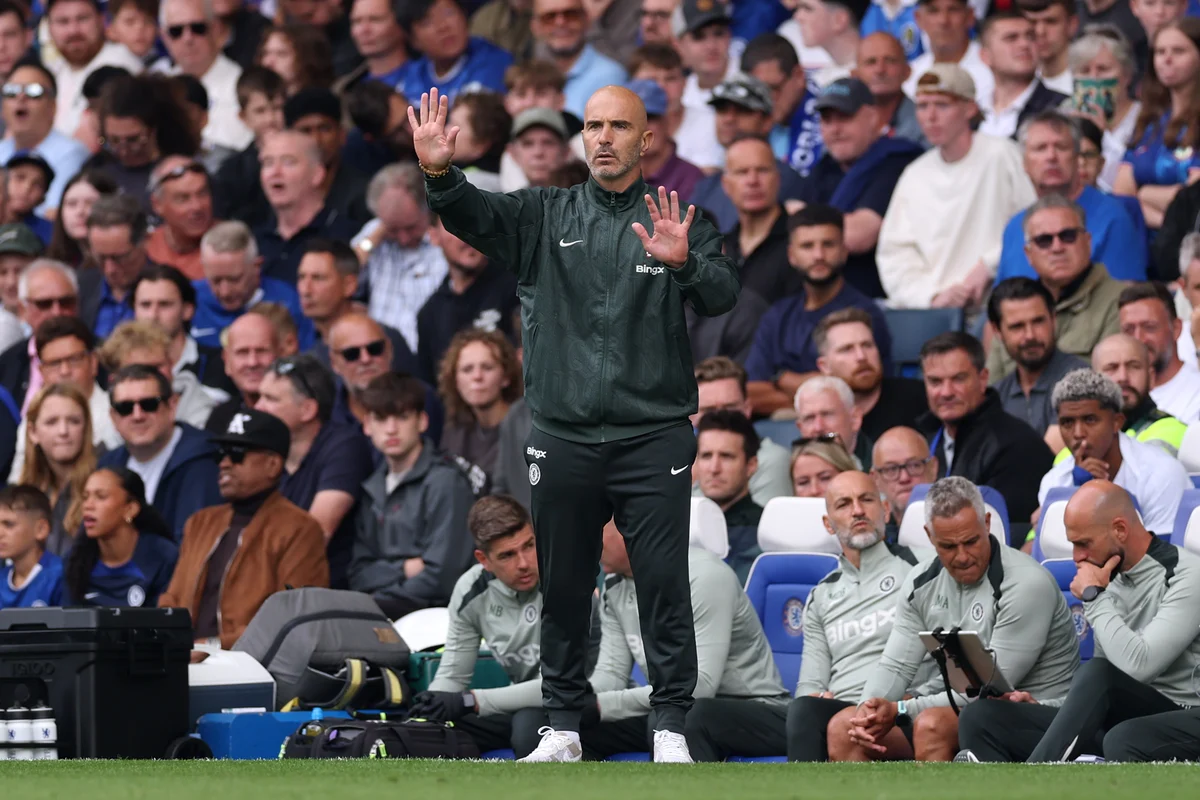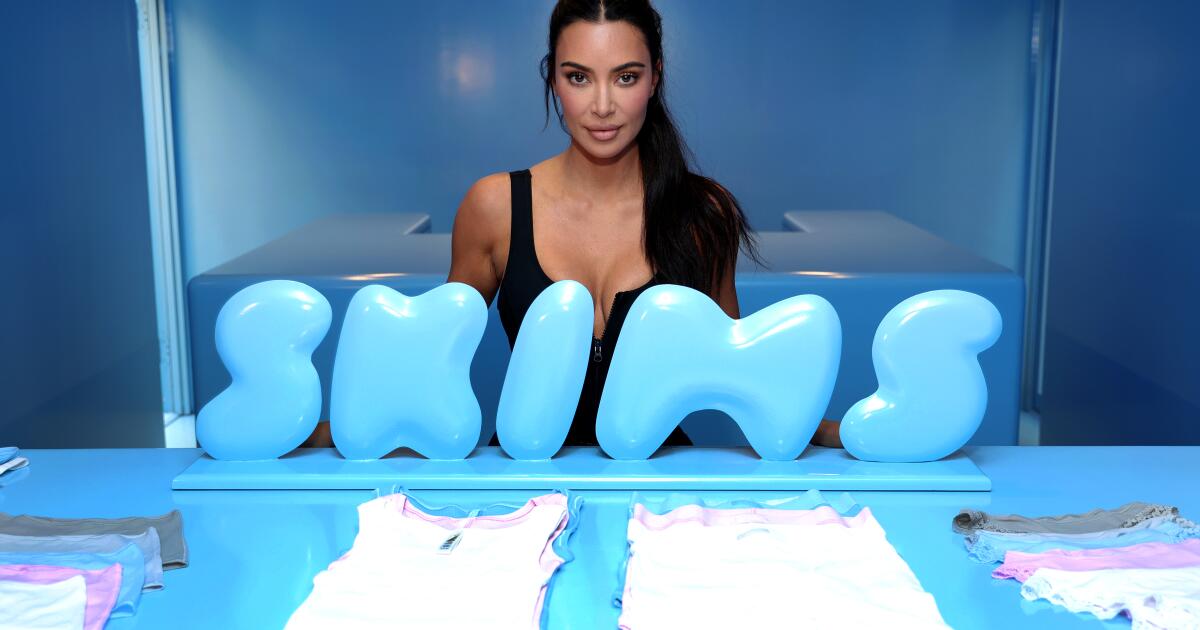
Fear is not something typically associated with Dwayne Johnson. Certainly not in the ring, as the charismatic heel with the cocked eyebrow, and not in Hollywood, where he has cemented himself as one of the industry’s most bankable, and singular, action stars and producers.
By all accounts the formula was working. Yet for years he’d had a suspicion that he could do more, offer more, as an actor. But when it came time to dive into something more raw, more vulnerable for “The Smashing Machine,” a drama about MMA fighter Mark Kerr that he’d been thinking about for over a decade, he realized something: He was scared.
“It’s not easy to think, ‘Hey, I’m capable of doing this and I know I can do this,’” Johnson, 53, told The Associated Press recently. “You may seem, may have a veneer, that you’re capable of it and you’re confident. But I was very nervous and scared to do it because it’s something that I hadn’t done before.”
Johnson has been open about his difficult childhood, his turbulent relationship with his late father, Rocky Johnson, and their financial insecurity. Yet as an entertainer, he’d kept all those old wounds out of the picture until now. For the first time in his career, he decided to take that trauma and channel it into something he loves: Performance and storytelling. And it’s put him in the Oscar conversation.
“The Smashing Machine,” which opens in theaters Oct. 3, wasn’t just a leap into the unknown for Johnson. For co-star Emily Blunt and filmmaker Benny Safdie, directing a feature alone for the first time, it was a chance to express different sides of themselves as well.
“It’s hard for us to know what we’re capable of sometimes,” Blunt said.
As an actor, Johnson never really did the indie thing. He didn’t have to. In 2001, he burst onto the scene in the blockbuster “The Mummy Returns” and never looked back. In less than 25 years, his films have made over $12.5 billion at the global box office.
By the time he watched John Hyams’ documentary about Kerr, his larger-than-life career was firmly on the ascent with Luke Hobbs and the “Jumanji” franchise still to come. It stuck with him, and a few years later he acquired the rights through his Seven Bucks production company.
More years would pass until another movie ignited the spark again: The thrillingly frenetic “Uncut Gems.” He decided to bring “The Smashing Machine” to its filmmakers. What if they could see something different for him too?
Johnson even announced the project in Nov. 2019. Then the pandemic hit, and “The Smashing Machine” was sidelined.
But Safdie hadn’t stopped thinking about it. He’d even sent Johnson a version of a Nautica sweater Kerr had worn (size XXL), along with a handwritten letter saying no matter what happened, he hoped he could be involved in some way. Johnson never responded.
Safdie’s obsession spiraled. “It burrowed itself into my brain.”
The truth is Johnson never got the letter, or the sweater. But another door had opened when Safdie found himself acting alongside Blunt in “Oppenheimer.” Knowing that she’d become close with Johnson on “Jungle Cruise,” he took a chance and told her about “The Smashing Machine” not only for Johnson, but for her too.
Blunt too had been eager to see Johnson push himself. When she met him on “Jungle Cruise” she thought he’d be closer to “The Rock” and quickly came to understand that was not only a character he played but “the performance of a lifetime.”
She started to wonder if Johnson was this great character actor who didn’t even realize it. In “The Smashing Machine,” she saw a “visceral, exciting opportunity for all of us to put our feet to the fire.”
Kerr was an early pioneer with UFC well before MMA blossomed into a mainstream sport. While respected by core fight fans, Kerr’s popularity outside the cage never reached the heights or financial riches enjoyed by modern UFC stars such as Ronda Rousey and Conor McGregor.
He also struggled with addiction to painkillers and overdosed twice before getting sober. Then there was his sometimes-volatile long-term relationship with then-girlfriend Dawn Staples (whom he would later marry, have a child with, and eventually separate from).
This would all require a different kind of preparation for Johnson, who had to shape his muscles into that of an MMA fighter instead of a wrestler. The transformation also included a new voice, new hair and facial prosthetics.
By the time the cameras rolled, both Dwayne Johnson and The Rock had effectively disappeared. This, Blunt said, was helpful during their domestic fight scenes, where punches may not have been thrown but the emotional wreckage is vast.
“The environment that Benny creates is one of such spontaneity that you really blur the lines between fiction and reality,” Blunt said. “It makes the scenes terribly exciting, but I think it makes them quite hard to come down from, because you’re really in a spell.”
Whether “The Smashing Machine” results in awards attention, Johnson is glad he overcame the fear and and didn’t listen to the voice telling him to stay in his lane.
“I didn’t want to wake up tomorrow going, God … I really wish I got out of my comfort zone back then. I wanted to wake up and say, ‘I’m so glad I got out of my comfort zone.’ And I’m so glad I did it.”
Blunt added: “So are we.”
___
AP Sports Writer Dan Gelston contributed from Philadelphia.
Copyright © 2025 The Associated Press. All rights reserved. This material may not be published, broadcast, written or redistributed.



